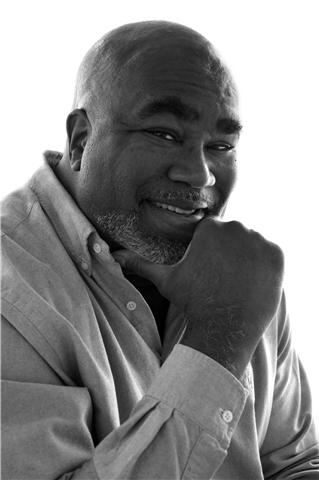In May of 2009 we found Fort Campbell reacting to this tragedy.
The trauma of combat combined with the effect of repeated tours has led to a record rise in suicides across the armed services and particularly the US Army -- which has carried the heaviest burden in the wars in Iraq and Afghanistan.
Last year 128 soldiers took their lives, up from 115 in 2007, as tours of duty since 2001 have come ever more frequently and last longer.
With 64 confirmed or suspected suicides so far this year, the army looks likely to surpass last year's record numbers.
The 20.2 per 100,000 suicide rate among US soldiers is above the national record of 19.5 per 100,000 in 2005 in the United States.
Earlier this month a US soldier, Sergeant John Russell, allegedly sprayed his comrades with lethal gunfire at a mental health clinic at a US base in Baghdad, and he has been charged with five counts of murder.
The case has underlined concerns about the psychological well-being of those serving in the military.
Due to worries over the state of Russell's mental health, his commanding officer about a week earlier had ordered that the soldier's weapon be confiscated and that he should go for counselling, officials said.
Admiral Mike Mullen, the chairman of the US Joint Chiefs of Staff, has said he believes the suicides are tied to the repeated deployments that have put a strain on soldiers and their families.
In his visits to US military posts, Mullen regularly appeals to troops to look out for comrades that seem troubled and has acknowledged soldiers are reluctant to seek counselling because they worry it might hold back their career.
In a 2008 poll by the American Psychological Association (APA), 61 percent of servicemen and women said that asking for help to treat psychological problems would have a negative impact on their career, and 53 percent said it would decrease their status among their peers.
"Our stress levels are up, and we have to realize that stress is driving a lot of this, and we?ve got to look at ways to relieve that stress," Mullen said last month during a visit to a Texas military base.
"The first big step in taking care of our problem is acknowledging that you have one -- and we do," Mullen said. "Suicide is never easy, (and) solving it won?t be easy. But everyone in leadership is focused on it."
In March, military leaders ordered a stand-down at every US Army installation to focus on preventing suicides.
The Fort Campbell event was designed to free up soldiers and their officers from daily routines to ensure the problem received their undivided attention, spokeswoman Kelly Tyler said.
The stand-down was meant to remind soldiers "that they have an accountability to themselves and to their peers" and "to remind leaders they are also accountable for the well-being of their soldiers," she told AFP.
In Sep of 2010 we found Fort Hood reacting to this tragedy.
